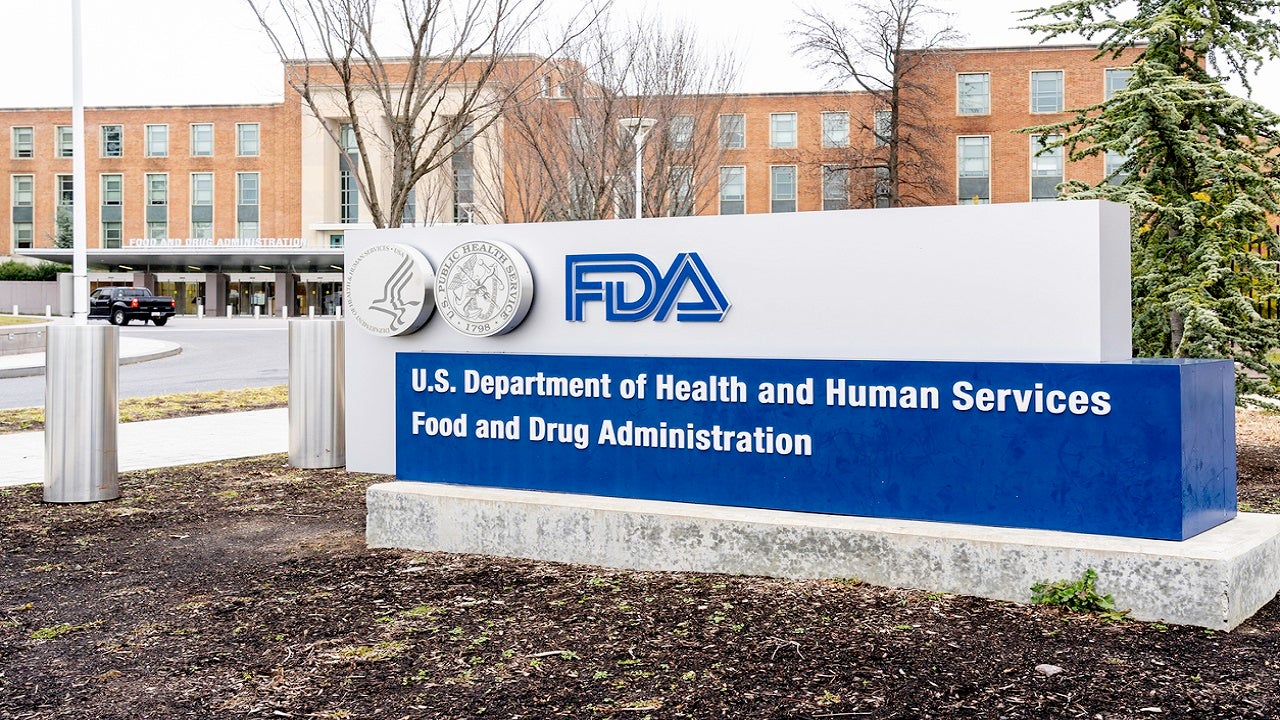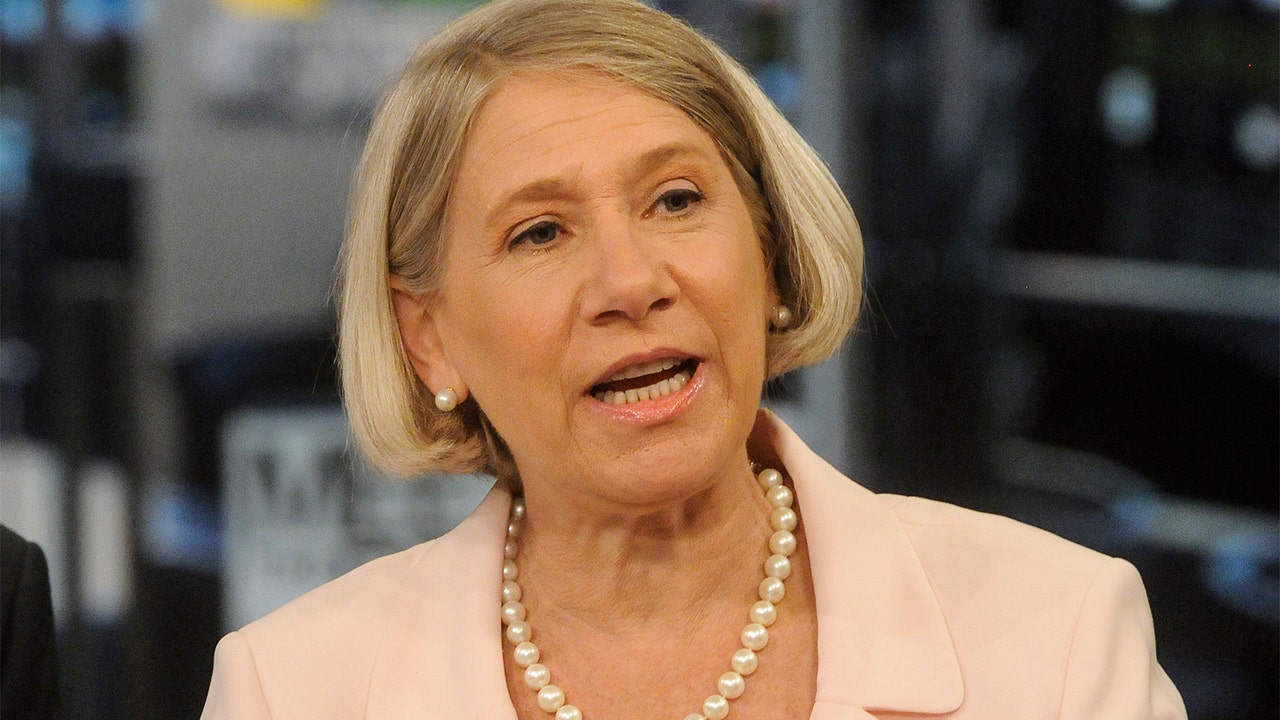One of the FDA advisory panel members who resigned after the agency granted Biogen’s Alzheimer’s drug Accelerated Approval has said “the drug showed no good evidence that it worked.”
Dr. Aaron Kesselheim, professor of medicine at Harvard Medical School and faculty member at Brigham and Women’s Hospital, spoke to CBS about his stepping down, with a resignation letter blasting the Aduhelm approval as “probably the worst drug approval decision in recent U.S. history.”
The agency’s decision, which was met with mixed reviews and marked the first approval of an Alzheimer’s drug in nearly two decades, came after the Peripheral and Central Nervous System Drugs Advisory Committee said in November that it was not reasonable to consider clinical benefit of the drug based on one successful study.
FDA OK’S BIOGEN’S ALZHEIMER’S DRUG: WHAT IS ACCELERATED APPROVAL?
“The drug showed no good evidence that it worked because it had important side effects and then the FDA is totally switching gears over the last six months and approving this drug on the basis of a theory relating to the surrogate marker of amyloid plaques that we as an advisory committee back in November were told to not consider,” Kesselheim told CBS.
According to the FDA, the prescribing information for the drug comes with a warning for temporary swelling in the brain and risk of hypersensitivity reactions like angioedema and urticaria. Common side effects include amyloid-related imaging abnormalities (ARIA), “headache, fall, diarrhea, and confusion/delirium/altered mental status/disorientation.”
WHO SHOULD TAKE NEW ALZHEIMER’S DRUG? EXPERT WEIGHS IN
In announcing the decision, the FDA noted that the drug was granted “Accelerated Approval,” which allows for drugs targeted at serious conditions that fill an unmet medical need to be approved “based on a surrogate endpoint.”
“A surrogate endpoint used for accelerated approval is a marker – a laboratory measurement, radiographic image, physical sign or other measure that is thought to predict clinical benefit, but is not itself a measure of clinical benefit,” according to the FDA.
Using surrogate or intermediate clinical endpoints can save “valuable time” in the approval process, the agency noted. However, the company that receives Accelerated Approval will still need to conduct confirmatory trials and submit data for review. If the confirmatory trials fail to verify clinical benefit, the FDA may withdraw approval or change label indication of the drug.
Kesselheim’s resignation was the latest among two other FDA panel members who stepped down after the Accelerated Approval; Dr. David Knopman, Mayo Clinic neurologist and Dr. Joel Perlmutter, neurologist of Washington University in St Louis.
“If the FDA allows companies to get drugs approved on the basis of trials that are stopped early, trials that are re-analyzed, that sets a precedent because it tells other companies ‘well I don’t also – I don’t need to run a rigorous trial either,'” Kesselheim said.
“In cases like this where the FDA makes what I think is the wrong decision, I think that we need to understand better why the decisions were made in this way,” he added.









